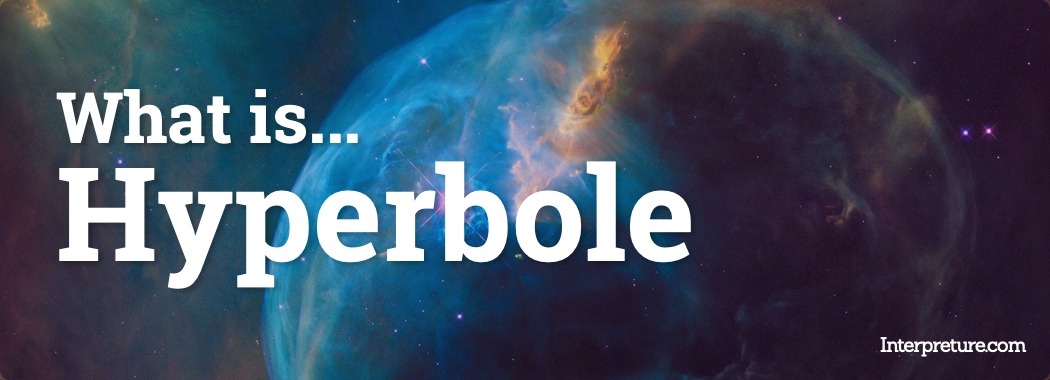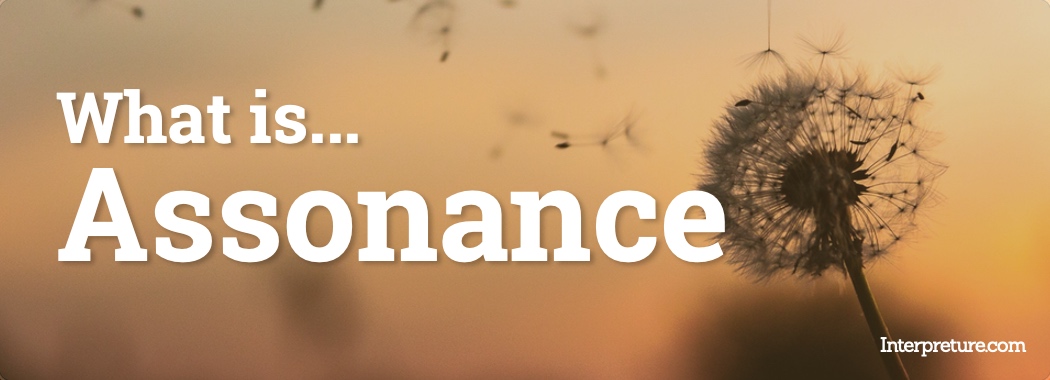A connotation is the meaning that is suggested or implied by a specific word as a result of its typical associations.
Connotations are normally described as being positive or negative, depending on whether the end result and interpretation is likely to be seen as a good thing or bad thing. This technique can range widely in its effectiveness because connotations are often personal and can vary significantly depending on a reader’s own experiences and interpretation.
Other associated techniques include symbolism, metaphors, similes and personification.
Denotation is the literal meaning of a word, understood exactly as its dictionary definition.
Why use words with connotations?
- Meaning: The connotations held by words can be highly significant in communicating meaning in a piece of literature, particularly subtle suggestions or indications regarding character.
- Tone: Effective use of connotations means that a writer can shift the whole tone and feeling of piece simply by their choice of words, perhaps opting for ones that have more obvious connotations or those that have significant links to history or current events.
- Exploration of language: The additional meaning that words hold as a result of their connotations ensures that extra dimensions of language and communication can be explored, and other techniques such as metaphors better embedded in text.
Connotation Examples
The poem ‘One Flesh’ (Love Poetry through the Ages) by Elizabeth Jennings makes use of the connotations of various words to help communicate additional meaning.
“Her eyes fixed on the shadows overhead.”
There are several connotations related to the word “shadows”, including darkness and negativity, which clearly reflect the negative feelings and emotions that the poem exhibits. It also can be interpreted as indicating that there could be worse still to come for the narrator, creating an apprehensive atmosphere.
Alan Jenkins uses connotations in reference to drinking alcohol in his poem “Effects” (Poems of the Decade) to help shift the tone of the poem as it explores the death of a grandmother.
“the scotch // That, when he was alive, she wouldn’t touch”
There are significant connotations associated with the word “scotch”, particularly as the alcoholic drink was ‘off limits’. This emphasises the sense of loss and the negative ways in which the death of a close relative can impact an individual, and perhaps also indicating a similar reaction for the narrator by the end of the poem.





1 Comment
Really helpful for my case study thank